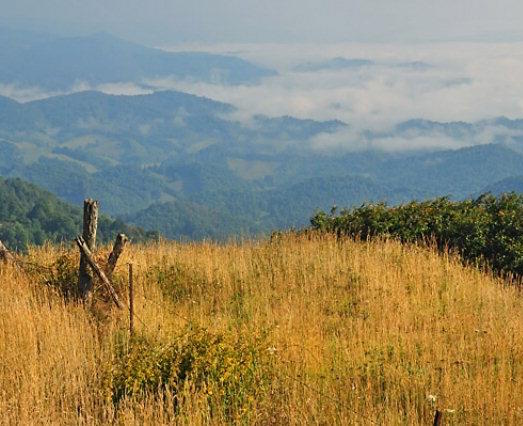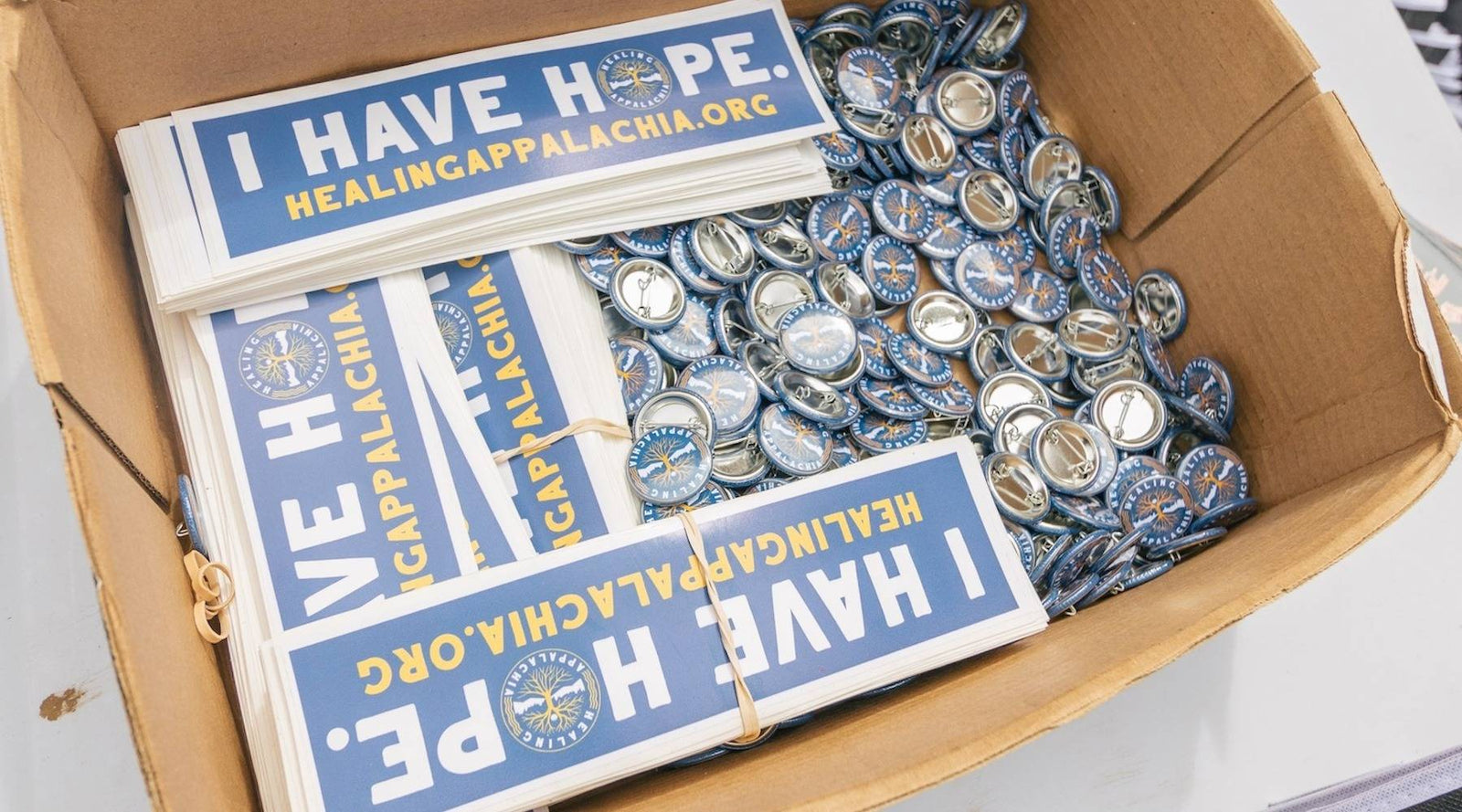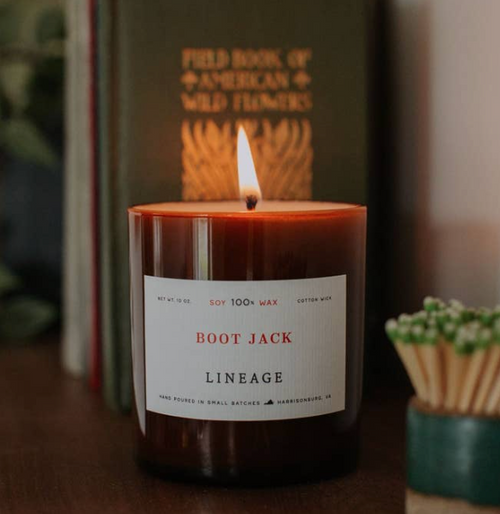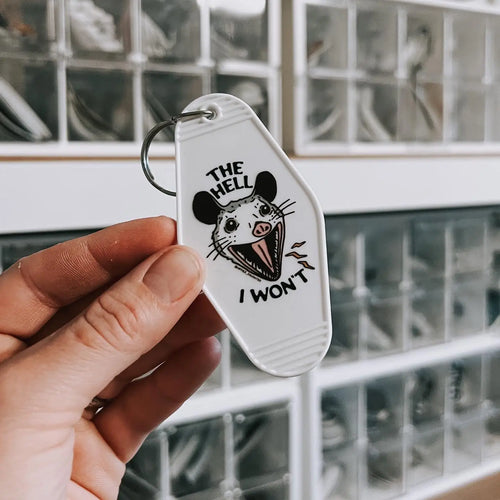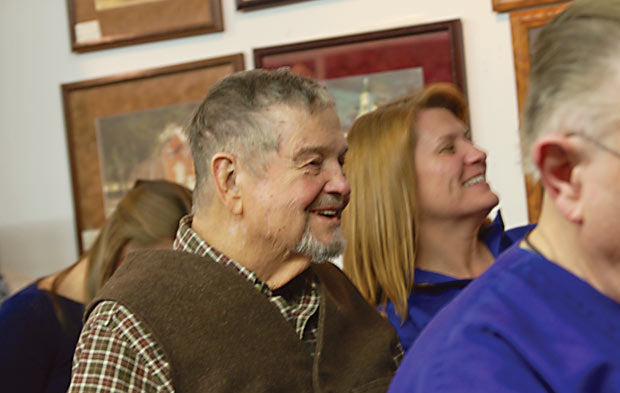
On May 17, 2015, just weeks after I interviewed Joe Wilson, he passed away. In the short time I knew him, Joe showed me what it meant to be brave.
***
Joe Wilson sure wasn’t running on sleep when he climbed into a car to be driven to the far side of Thailand at 6 a.m.
The prop plane that flew him and a bevy of roots stars—John Jackson, Ricky Skaggs, Jerry Douglas, and Buck White—wobbled to the ground in Bangkok just four hours before. The others enjoyed a three-day break from their globe-hopping tour, one that had already taken them from Honolulu to Hong Kong. But Wilson, then the executive director of the National Council for the Traditional Arts, was on a mission of mercy.
Bouncing along pitted roads, he tried to catch some shut-eye. The ride was too rough, though, and the views too extraordinary—temples resting on stilts, beautiful lakes, and logging camps where elephants moved the logs. Each scene reminded Wilson that he was far from home, leaving him to wonder how he’d know if the Cambodian dancers he’d been sent to find were, in fact, the real deal. In his words, he “knew about as much about ancient Asian ballet and music as a hog does about Sunday.”
Still, upon learning that Wilson was touring the region, the U.S. State Department had tapped him to visit a group claiming to be Cambodia’s Royal Ballet. These were court performers, sponsored by royalty since the ninth century. Now Cambodia’s royalty was deposed, and the dancers were on the run. It was 1980, and a brutal regime, the Khmer Rouge, was assassinating Cambodia’s intellectuals and artists.

Cambodian Royal Ballet. Image from the ballet.
When he rolled into Khao-I-Dang, a sprawling refugee camp on Thailand’s border with Cambodia, this country boy—who had read plenty but didn’t hold a single degree—may have been the world’s least likely emissary. He faced a sea of oxen carts and hungry faces, an overwhelming sight, but stuck to his guns, weaving around blue tarp shelters until he found the dancers.
Despite fleeing their home country and living in abject poverty, they had not give up their art. In a bamboo space with a dirt floor, these performers donned elaborate costumes representing traditional characters—the woman, the man, the giant, and the monkey—and began a stylized routine of tightly disciplined motion, poised legs and elaborate hand gestures refined over 11,000 years.
“This was a scene to test your heart,” Wilson told me, remembering their brilliant show 35 years later. “A big expert from Washington,” he added, sarcastically. “I signed, attesting to their quality.”
But that was just the start of what Wilson did for the gifted refugees. The National Council for the Traditional Arts became the dancers’ U.S. sponsor, raising funds to support them as they established lives here and booking tours to introduce their breathtaking art form to American audiences.
While the court performers sometimes struggled to make ends meet, relying on charity, they wowed everyone who saw them and, in the end, built international appreciation for what had nearly become a lost art. Even as the Khmer Rouge began to lose control in Cambodia, many of the dancers remained in the States.
“Now,” Wilson said, “their children are fine Americans.”
***
I hit the gravel lot at County Line Café with my wheels hot and shocks bouncing. After reading a half dozen articles on Wilson’s unusual life, I wasn’t about to be late.
Leaving my Jeep in a half-space at the lot’s far end—all that was available at dinnertime in Galax, Virginia—I hustled inside. Some dozen heads turned, locals looking up from their green beans and country-fried steak to see who tore through the door. Upon spotting me, a winded stranger in a blue blazer and loafers—looking more like the D.C. transplant I’d become than the Appalachian native I was—all eyes returned to their plates. All except one.
By the cashier stand, a diminutive older gent smiled wide.
“Joe?” I asked, and he started my way with one arm extended. I’d seen pictures of him online, but they didn’t do justice to his welcoming gait and the mischievous glint in his eyes.
“Mark Lynn, glad as hell you could make it,” he said, shaking my hand and then motioning me toward a good table.
Few things excite me more than home cooking, but Joe Wilson happened to be one of them. Before our menus were even cleared, I started shooting off questions.
He told me about the time he was in Kiev with bluegrass-country star Alison Krauss. After the show, a woman approached the stage in tears, insisting they come to her home for dinner. It wasn’t until Wilson and Krauss arrived that they learned their hostess was, in fact, the first violinist in the Kiev Symphony.

Cobbler at County Line Café.
He told me how Supreme Court Justice Thurgood Marshall would stop by the New York office where Wilson once worked, the office of a civil rights fundraiser. The justice would show up later in the day, when he was tired of running around the city. “Sometimes you’d go in,” Wilson recalled, “and receptionist would say, ‘Shhh, Thurgood’s asleep in there.’”
He told me how he worked for country star Marty Robbins, and how Marty’s bouncer Lee Emerson, “the best street fighter there ever was,” got involved with the wrong groupie, a girl with a jealous boyfriend who shot poor Emerson dead right between the eyes.
He told me about hugging Rosa Parks—“steel in a cotton print dress” he called her—and how his civil rights work parlayed into fundraising, which eventually merged with his love of music, building him a new career. He told me about literally writing the book on the Crooked Road, Virginia’s heritage music trail; about leading the Blue Ridge Music Center; and about his semi-retirement in 2003, which brought him back to the mountains to Fries, Virginia, just a few miles from where we sat.
He told me enough stories to fill four books, and that was before we even got to dessert. By the time we each dug into a heap of blackberry cobbler, I was chewing dumbstruck, watching the man across from me. He was no taller than a sprite, stooped from age, in plaid flannel and sensible shoes, looking like any other septuagenarian in Galax. But God Almighty, what kind of crazy life had he led?
***
Covering Car Seats wasn’t the work Wilson had in mind when he went to Nashville. Unable to finish college because his family didn’t have the $1,500 he needed for tuition, he packed up some books, his most prized possessions, and thumbed his way to Music City. “I’d always listened to the Grand Ole Opry and had always heard all this music from there,” he said. “Wanted to see some of it, see if there was anything I could do.”
The Opry didn’t fling its doors open for Wilson, but two other institutions did—Rayco Racing Division, where he landed a job, and the local Unitarian Church. At the latter, Wilson found himself surrounded by Southern progressives and their Northern counterparts—fired-up students such as Diane Nash, a former Chicago beauty queen who led the movement to integrate Nashville’s lunch counters and who would emerge as one of that era’s great community organizers.

A Nashville lunch counter during sit in. Image from Wikipedia.
“Beautiful and voluble” is how Wilson describes Nash, and when she invited him to attend a planning meeting, he couldn’t resist. He was quiet at first, saying that he was “a mite shy then,” but by the end, Wilson was part of a gang, five or six white boys who would go to the lunch counter at Harvey’s, a downtown Nashville department store.
This unassuming crew established themselves as regulars in advance of the city’s first sit-in.
“They had a contest for apple pie—million-dollar apple pie,” Wilson recalled, so that’s what he ordered. Day after day, for weeks on end, he saddled up to the long, chrome-lined counter and quietly ordered. Reminiscing, Wilson laughed, admitting that he still can’t eat apple pie.
When the day of the sit-in came, Wilson and the other whites took their places just before the African-American students showed up. Waiting on his meal, he watched Harvey’s refuse his new friends service, the police called simply because they tried to order sandwiches. Normally meek, Wilson’s voice rose up. As the manager shut the store down, he called out in an unmistakable Tennessee mountain drawl, “Hey, we want to eat!”
Though the police told him and the other protestors to leave, they had accomplished their goal. Harvey’s was a test-run, the precursor to weeks of civil disobedience. Within three months, blacks had the right to dine wherever they liked in Nashville, and soon after, Wilson headed to Birmingham, ready to make his voice heard in a new town.
There, he used his good-old-boy charm to infiltrate Ku Klux Klan meetings, publishing articles in the national magazine The Progressive, naming names and bringing that group’s nefarious activities into the light.
***
By the time Wilson and I finished our dinner and reached the Front Porch Gallery and Frame Shop, the place was hopping. It is the one spot in southwest Virginia—maybe the world—where you can buy local art, get it custom-framed, and listen to live mountain music under one roof. Twenty-plus locals had packed into the place, all on folding chairs softened by rough-cut foam wedges. The night’s headliner, local picker Steve Lewis, looked the part of a backwoods professor, complete with glasses that dangled from his neck and a camouflage cap. As he fiddled with his guitar, Lewis told corny jokes (“Why don’t you ever see hippopotamuses hiding in trees? Because they’re really good at it!”).

Steve Lewis (right) and Scott Freeman at The Front Porch Gallery and Frame Shop.
The crowd howled until the music started, and then everyone leaned in, bobbing their heads along to expertly wrought old-time and bluegrass tunes. Over the next two hours, the musicians led the kind of give and take that only works in a small space, bantering with audience members and welcoming playful jabs from the crowd mid-show.
I scuttled around the room taking photos, while my companion for the night sat in his folding chair, smiling ear to ear and tapping his toes. Wilson was the one who suggested this place, a stop along the Crooked Road, the music trail he helped found 12 years ago—a fact that didn’t escape Steve Lewis.
After one rowdy tune, all the musicians paused, creating a hush, which Lewis filled by saying, “We have someone special with us tonight.” He then rattled off Wilson’s many contributions to local culture—how he put mountain music on the map with more than 70 music tours and festivals; how he brought the world to Galax’s doorstep, first with the Blue Ridge Music Center, a performance space and museum committed to the region’s signature style, and then by developing the Crooked Road, which weaves across 19 Virginia counties and generates around $13 million in annual economic impact.
As Lewis talked, heads nodded, and when he finished, the applause was more than polite. Enthusiastic and loud, it was interspersed with whistles and one shout of appreciation. “Thank you, Joe!” someone called behind me, and I realized that people in this room already knew my tour guide for the night. They knew he was instrumental in reviving bluegrass and old-time music, in giving our culture a new life.
They knew what I was just figuring out, that this old man whose eyes now faced the floor as he blushed is, in fact, Appalachian royalty.
***
1938, Trade, Tennessee: Wilson was born in a two-room house, in the center of a county that some 60 years before had sided with the Union during the Civil War. I asked how racism struck him then, being raised in a place where there wasn’t much of it, how he came to know it existed. Wilson rested his spoon and told me about his good-hearted mother, a woman who married at 16 and made up for what she couldn’t provide in material wealth with a strong moral compass.
View in Trade, Tennessee. Photo from Lands of America.
“We were building a barn,” Wilson explained, saying he couldn’t have been more than seven or eight years old at the time. A white man from another town, Mountain City, Tennessee, had come to help lay the concrete foundation, bringing with him three black hired hands.
Partway through the morning, the white man asked Wilson ’s mother, “Well, when it comes to eating, what are we doing?”
She said, “Well, we’ll all eat together.”
“No. No,” the man told her, as if she’d suggested the impossible. “Can’t eat together!”
Without missing a beat, Wilson ’s mother motioned toward the black workers: “Well, that’s the hardest work there is to be done, so if they’re going to eat separate, I’ll feed them first.”
“That struck me,” Wilson said, shaking his head at this early encounter with racism. His mother’s simple solution—to let the black workers eat first—showed him that mountain folks could teach the world a thing or two about fairness.
“We ended up all eating together,” Wilson added, lifting his spoon and digging back into his cobbler. “And it was just fine.”
***
Days after my Galax visit, I was still puzzling over Joe Wilson—civil rights activist, tour organizer, record producer, and folklorist who brought everything from mountain music to Cambodian dance to the forefront. I marveled at this man who’s been declared a Living Legend by the Smithsonian yet doesn’t hold a single degree.
How does all that come together? What’s the common thread?
I jotted off an email, peppering Wilson with follow-up questions, hoping one would reveal some unifying theme. He replied the same day with answers both thorough and patient. I scanned them, but his reminiscences, long paragraphs full of beautiful memories, only deepened the enigma. Maybe some lives are just like that, I began to think: disjointed and wild.
Then, just about to shut my laptop, I spotted Wilson’s simple closing: “Life is short for all of us, Mark Lynn, but it should never be boring.”
That was it; this one sentence brought everything into focus. Wilson left his mountain home, looking for adventure, a way to break into country music. He ended up traveling the world, helping the oppressed and not just landing a job in the music industry but reshaping it. He sat at the juncture of two great movements—one for civil rights, the other for traditional arts—and he did it all without a college diploma, without anyone’s permission. His path has been unpredictable, inspired, and sometimes chaotic, but not once, not for a minute, has Joe Wilson’s life been boring.


